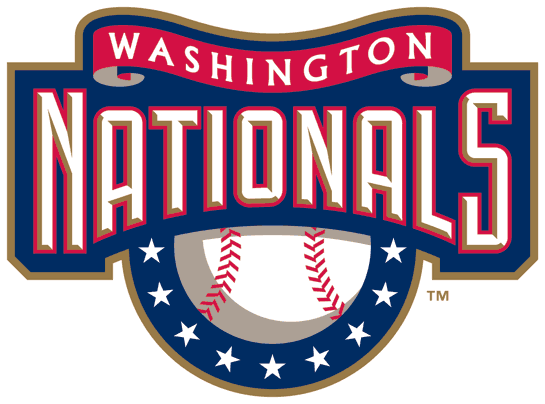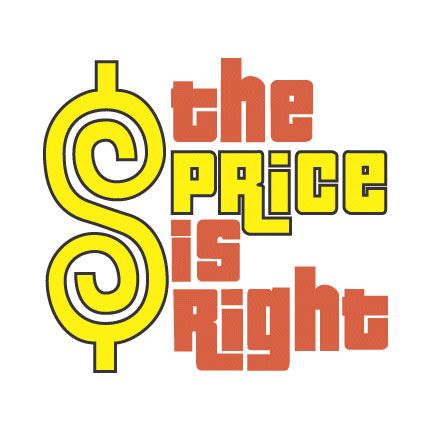Software can be easily copied, and piracy runs rampant in many major developing markets, such as China. Even for legal uses, as discussed in Chris Anderson's "Free
However, some software companies can make substantial profits from their programs aside from charging for each copy. The most obvious is advertising, which supports many Web games. Additionally, consider a program like SAS, which is used to perform complicated data manipulation and statistical analysis.
Even today, SAS has a large base of paying customers for its software. But even if the program were widely pirated, SAS differs from other software in an important way: it's complicated and difficult to learn, but once mastered, it has incredible potential. So SAS can profit by holding training sessions throughout the country and online.
Of course, a software company cannot be a monopolist on support for its product. While it's illegal to copy and independently distribute SAS's training material, it's not illegal to sell original guidance about how to use SAS. Rival SAS reference books exist, and even SAS instructors will tell you that one of the best sources for help comes free: Google. So while people may be willing to pay a slight premium for guides published by the SAS company itself, SAS cannot charge exorbitant prices for its training sessions or materials.
Even if the licensing and training profit centers eventually dry up, SAS still has one more avenue for profit. When a company is trying to hire a statistical programmer to run SAS, it's going to have a hard time ranking the skills of hundreds of applicants. Analysts can pay SAS to take a certification test, and a passing score serves as a credible signal of programming ability. It's possible to imagine a rival certification program forming to undercut SAS's test proctoring fees, but it's doubtful that companies that hire SAS programmers would put much faith in a startup certifier when SAS's certification is already familiar and predictable. Job applicants would be willing to pay a premium to earn SAS's certification if it means putting them in the running for a higher-paying job.









.jpg)
